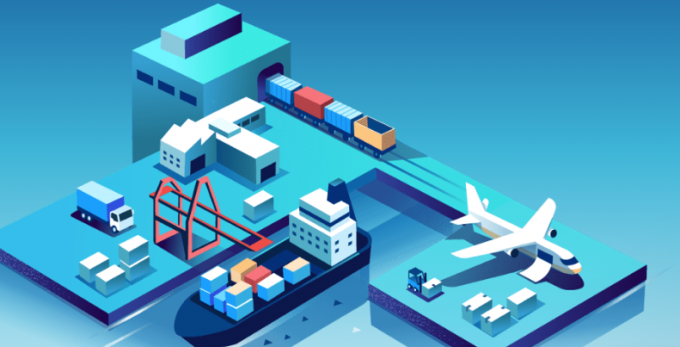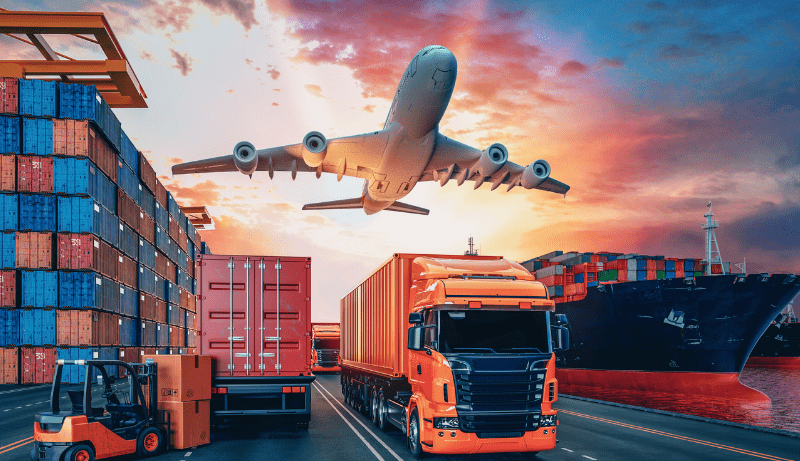Since the start of globalisation in 1492 and consumerism in the 1920s, people have been obsessed with buying and consuming goods, both for entertainment and life sustaining purposes. Resulting in the introduction and advances in cargos handling services, there would be freight forwarding. In Malaysia, the amount of goods transported and used to sustain the society’s demands are enormous, thus the freight forwarding Malaysia services are born.
If you are interested in freight forwarding and want to know more about it, this writing is for you.
What is freight forwarding?

Freight forwarding are firms that act as mediators between transportation companies and those who need them. They have no physical outlets or tools used for transporting or processing the goods. Freight forwarding Malaysia will play as a planner and manager to ensure that everything is in its place, the customers pay the right fee and the transportation firms collect and deliver the right statistic numbers without any damages or wrong deliveries.
Here are some specific examples of what freight forwarding or freight forwarding Malaysia do:
- Prepare beforehand any necessary papers for import and export goods
- Sort and select the right transporters to meet the customers’ demands
- Bargaining and working with the transporters on pricing and procedures, this step could also help shorten down the delivering time and shipments.
- Filling essential insurance claims
How do they operate?

There are six key stages when proceeding a freight forwarding Malaysia deal or in any other countries
Export haulage: this first stage is when the transportation firm collect and take goods from the customer company to their warehouse. This step is often done with trucks but could vary depending on the types of goods.
Export customs clearance: in case your transporters are international, their shipments would need to be approved by the country upon entry. Most freight forwarder would have customs brokers to handle this stage. This includes checking the essential papers and the products, which also validate the safety and legality of the products.
Items checkpoint: this stage take place when the receiver unloads the goods into their warehouse. The idea of this steps is to make sure there is no damaging and the items are aligned with the booking details. Most of the time, the items checkpoint stage also make sure to check whether the final destination accept such goods delivering to their country. Some of the prone to restrictions include:
- Drugs: they are messy to handle because pharmaceuticals are coming with climate-controlled transportation methods, and recreational drugs could be heavy targeted by some countries. Reason for why almost all freight forwarding firms don’t accept recreational drugs.
- Alcohol: freight forwarders would have specific regulations and vary with each firm and country’s laws.
- Flammable liquids: fuels, and flammable items, even perfume come with strict transporting regulations due to their potential hazardous nature.
- Perishable items: items that have short shelf life like raw materials (meats, fishes) and others in the same category would be treated with express shipments in an attempt to ensure their arrival.
- Dangerous goods: any items that could cause danger to the shipping employees, and packaging during transporting could be listed here (knives, weapons,…)
Import customs clearance: happen when the shipments reach the assigned final destination. Authorities checks on the paperworks presented by the freight forwarder will take place, this will make sure if the paper listed products matched the actual products. A import customs clearance agent will handle this and they may charge fees upon the tasks, the freight forward firms would have this covered and bill the customers later.
Destination arrival and handling: when the products made it through all of the the country entries procedures, the freight handlers will work with an already reached out transporter within that country for the last mile delivery and receive the shipment papers, including:
- Invoices
- Bill of Lading certificate
- Export packing list, licence and declaration document
- Certificate of origin
- Inspection certificate
Import haulage: this is just like the Export Haulage stage, the goods will be delivered to the import warehouse and the types of vehicle depending on the types of goods.

